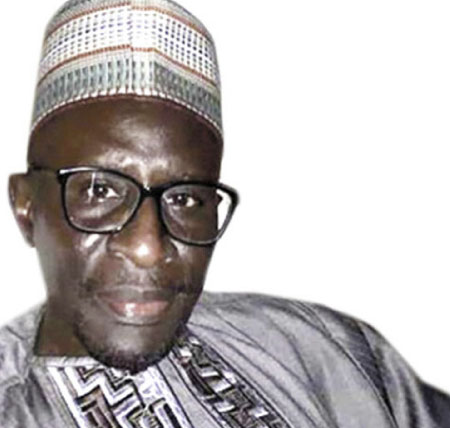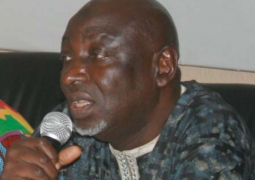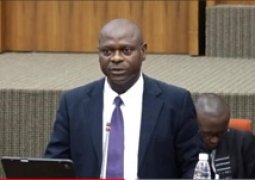
“TRRC will make recommendations that will identify perpetrators that bear the greatest responsibilities of crimes that have been perpetrated during the past regime. Retaining the 1997 Constitution will make it problematic for effective implementation of the accountability mechanisms,” he said.
Mr. Kijera was speaking on Saturday at the YMCA on the Civil Society Organisations’ (CSOs) position on the Constitution of The Gambia Bill 2020.
“The mandate of the Truth Commission is at the tail end. The TRRC has succeeded in a good path in its public hearings that unfolded. We have all heard some of the atrocities that have been perpetrated on Gambians for the past 22 years of brutal dictatorship.”
The Victims’ Centre, he added, strongly believes that the new progressive constitution will ensure an effective and impartial accountability mechanism that due process is guaranteed. “We will continue to work with all stakeholders to ensure that the “Never Again” slogan becomes a reality. The Victims’ Centre is totally in support of the draft constitution,” he emphasised.
“The transitional justice processes,” he added, “has shown us the atrocities that happened during the former regime. Our concern at the Victims’ Centre is ensuring that the mass violation and abuses that happened in the past regime do not happen in The Gambia ever again. Therefore, it’s imperative that adequate legal and institutional reforms are made in order to usher The Gambia into a new democratic dispensation.”
He acknowledges that at the Victims’ Centre, they are aware of the view that the draft constitution contains adequate provisions that will lead the Gambia into a new democratic culture; ranging from presidential term limit, provisions relating to the executive, legislature and the judiciary.
The 1997 Constitution which is still the supreme law of the country, according to him, was subjected to over 50 amendments to perpetuate the power of the former president and his regime for 22 years.
“On December 2nd 2016, Gambians decided to finally liberate themselves from the cycle of tyranny and dictatorship. Gambia has decided never to go back in the old ways. The way we used to do things that subjected each and every Gambian to indignity, torture and human rights violations as a country.”
“In our view, if the draft constitution is accepted it would be a step forward preventing tyranny and impunity; voting against the draft constitution means further entrenching the legacy of tyranny and dictatorship.”
Lamin Jahateh, programme manager at The Gambia Press Union (GPU), said the GPU and the Gambian media were in the forefront in fighting “dictatorship and tyranny” for the past 22 years.
“We were not fighting dictatorship because we don’t like the person or because we don’t like the former President or because we don’t want the former government. However, the GPU and the media were continuously on sustained basis fighting against dictatorship and tyranny because the laws that underpinned dictatorship were inimical to the press.”
“The new government promised that they are going to give us laws that guarantee freedom of information, access to information and media independence. This was why the media fraternity opened up to the new government and welcomed it with open arms.”
“If you look at the history of The Gambia from independence to date, never had The Gambia had any kind of constitution particularly that guaranteed freedom of expression, access to information like the current draft constitution.”
“We all have seen what happened with the 1997 Constitution because the state relies on it to shut down radio stations and manhandled some journalists with impunity and nothing comes out of it.”
Read Other Articles In Headlines

Covid-19 hard punch on tourismEstimated loss stands at $184m excluding VAT
Apr 28, 2020, 12:21 PM




